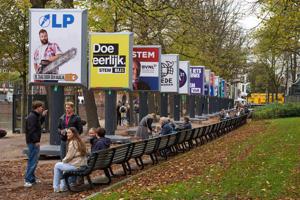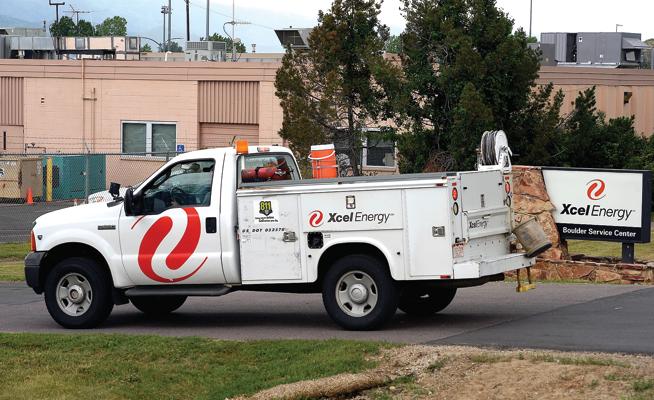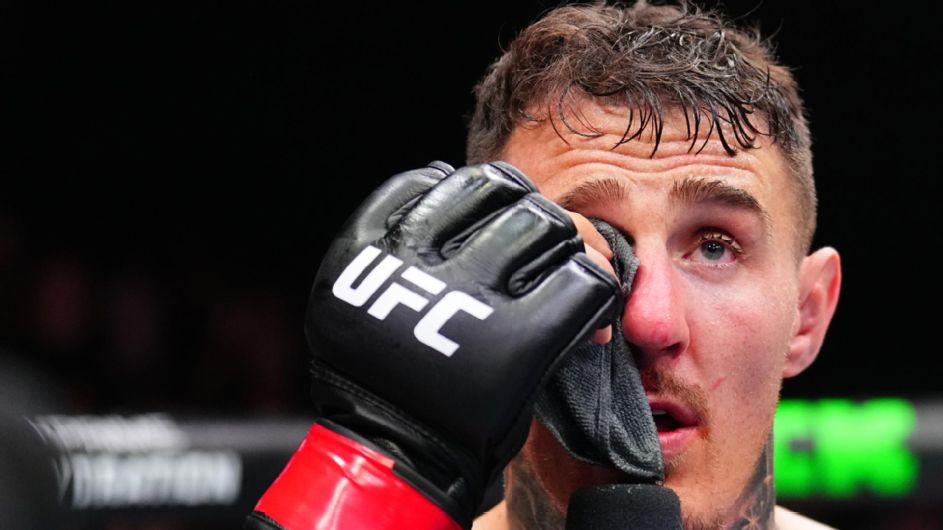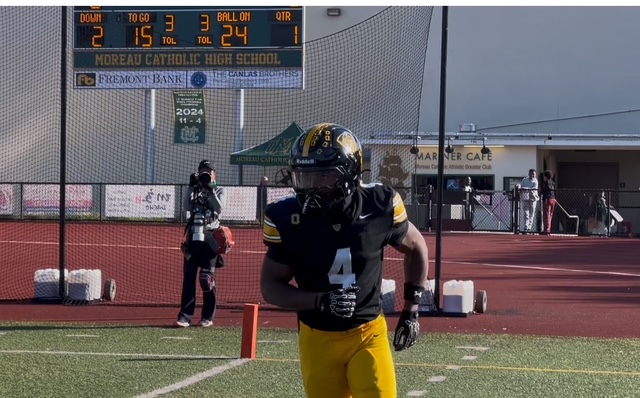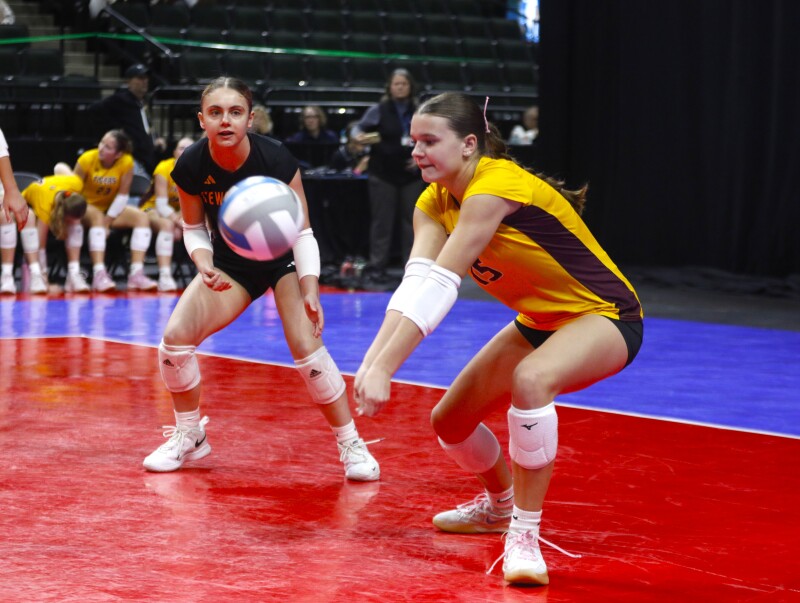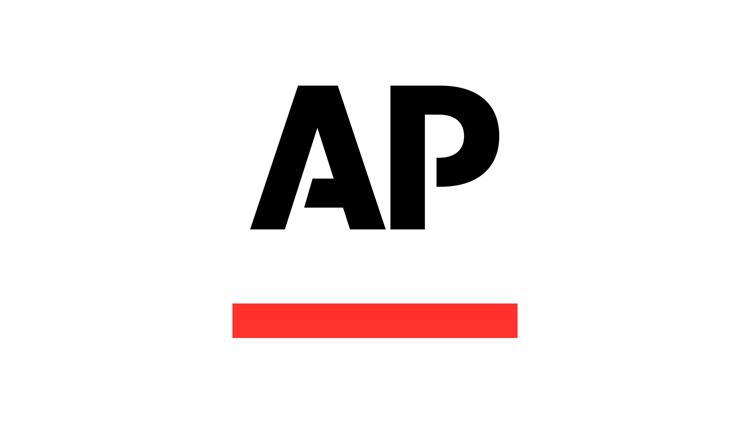UPDATE: Voters are casting their ballots across the Netherlands today in a nail-biting snap election that could reshape the country’s political landscape. Polls close at 9 p.m. local time, and initial exit polls will follow, revealing the immediate fate of the nation’s future.
The election, sparked by anti-Islam lawmaker Geert Wilders’ controversial decision to collapse the previous coalition government over immigration disputes, focuses on critical issues such as housing shortages and migration control. As the clock ticks down, the stakes couldn’t be higher for the 18 million Dutch citizens navigating a deeply polarized political climate.
Both Wilders and his rivals are feeling the pressure. Speaking after voting in The Hague, Wilders declared, “It’s going to be so close… I’m confident,” highlighting the tense atmosphere surrounding the election. His party, the Party for Freedom, is positioned to potentially secure the largest number of seats in the 150-seat House of Representatives, according to recent polls. However, mainstream parties have ruled out collaborating with him again, citing his untrustworthiness as a coalition partner.
Fellow candidate Frans Timmermans, leading the center-left alliance of the Labor Party and Green Left, emphasized the urgency of the moment. “It’s going to be so close, so let’s hope we come out as first, because that is the only guarantee to avoid a right-wing government,” he stated while voting in Maastricht.
This election encapsulates a broader trend seen across Europe, where immigration and housing crises are igniting heated debates. The backdrop includes recent violence at anti-immigration rallies and protests against new asylum-seeker centers, illustrating the tensions that have gripped the Netherlands in recent months.
Polling stations have been creatively set up in historic venues, including the iconic Anne Frank House museum in Amsterdam and even a former prison in Arnhem, bringing a unique twist to the voting experience. Voter engagement appears high, with many young citizens participating in traditional voting rituals, like the group of students in Delft who donned bathrobes and sipped coffee while waiting to cast their votes.
Political analysts warn that while Wilders’ party is favored to lead, the gap is closing as other parties gain momentum. Rob Jetten of the D66 party, which has gained traction during the campaign, urged voters to consider a more compassionate approach to migration. He stated that citizens could choose between “grumpy hatred for another 20 years” or a positive, solution-oriented government.
As the voting wraps up, the election’s outcome remains uncertain. The Dutch proportional representation system guarantees that coalition negotiations will be necessary, making it crucial for parties to align on key issues post-election.
The results will not only impact the immediate political landscape but also resonate throughout Europe, as the Netherlands grapples with its identity amidst rising populism.
Stay tuned for live updates as the results unfold later tonight. Voter turnout and the eventual coalition formation will determine the Netherlands’ direction in tackling pressing issues like immigration and housing, making this election a pivotal moment in Dutch history.

